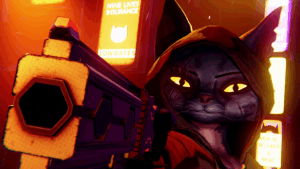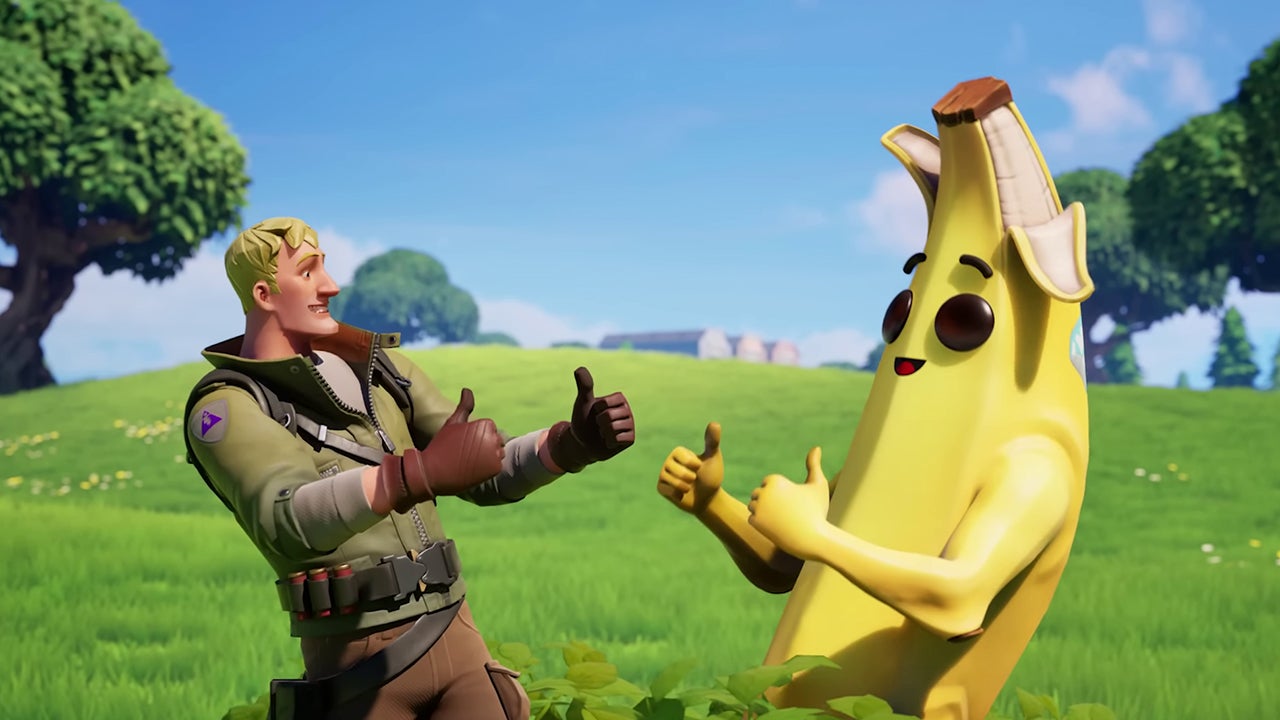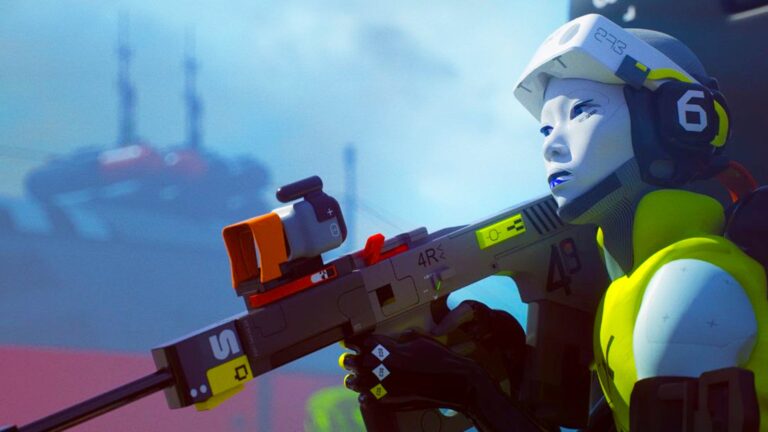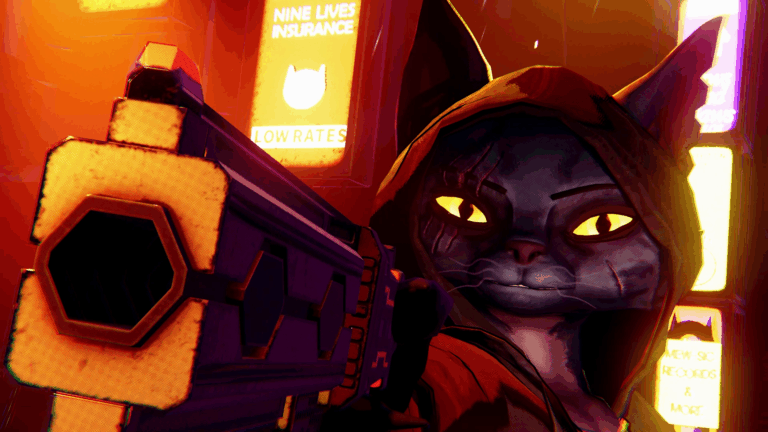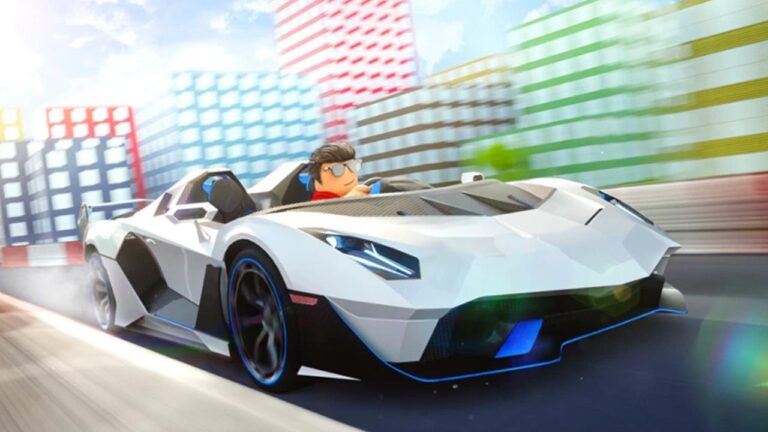Expanding Fortnite Beyond Battle Royale
Epic Games CEO Tim Sweeney has shared insights into the future direction of Fortnite, emphasizing the company’s goal to evolve the game from primarily a battle royale experience into a versatile platform offering a wide array of genres and gameplay modes.
Despite Fortnite’s massive popularity and successful expansions—such as Lego Fortnite, Rock Band collaborations, and Rocket League-inspired experiences—Sweeney pointed out that many players still see it solely as a battle royale game. This perception remains the biggest obstacle in transforming Fortnite into the “everything game” it aspires to become.
The Challenge of Rebranding Fortnite as “The Everything Game”
“That’s our core challenge,” Sweeney explained at Unreal Fest 2025. “We need everyone to recognize that Fortnite is a platform where you can experience anything—be it music, racing, creative building, or other genres. That shift in perception will take time, and it requires us to deliver compelling content across various genres.”
While progress has been steady, there is still a significant gap between ambition and reality. Big-name musical acts continue to headline Fortnite’s seasons, bringing fresh skins and music drops that keep players engaged. The Lego Fortnite Odyssey, a survival crafting experience, maintains a dedicated player base. However, older modes like Rocket Racing have been phased out, and newer shooter-centric modes such as Reload are gaining more traction.
Shifting Player Engagement and Emerging Trends
During Epic Games’ recent State of Unreal presentation, it was noted that a third-party experience in Fortnite temporarily surpassed Epic’s own core gameplay modes—a feat almost unthinkable a few years ago. Nevertheless, Epic’s non-shooter modes still lag behind the main Battle Royale and Zero Build playlists in player numbers, with some newer modes like Reload and OG Fortnite still striving for broader appeal.
When asked if modes like Fortnite Festival or Lego experiences are meeting Epic’s expectations, EVP Sax Persson responded candidly, “I don’t think we’re ever fully satisfied.” Sweeney added that shooter modes have performed well, but the company is still seeking the “magic” that will make music gameplay equally successful.
Music and Its Potential in Fortnite
Epic has invested heavily in musical collaborations, bringing in the talented Harmonix team—creators behind popular titles like Rock Band and Guitar Hero—to develop unique music experiences within Fortnite. These efforts include integrating features like Jam Tracks, allowing players to play along with songs and beats.
“Music has done extraordinarily well in Fortnite, especially during live events which attract millions of players,” Sweeney noted. “However, in dedicated music games, the results haven’t matched that success. Our next step is to figure out how to scale music experiences to attract tens of millions of active users, similar to what traditional music games achieved decades ago.”
The Lego Phenomenon and Its Limitations
Lego Fortnite remains one of the most popular non-shooter modes, boasting a dedicated community. Yet, Epic recognizes that its reach could be much broader. Sax Persson expressed pride in the Lego journey but admitted, “We want to grow it further and bring more Lego fans into the fold.”
This highlights a persistent issue: Fortnite is still strongly associated with its battle royale roots. Persson emphasized that changing this perception is critical for the platform’s future success.
Future Development and Tools for Creators
To support its goal of diversifying content, Epic is preparing to roll out enhanced tools for third-party developers working within Fortnite’s Unreal Engine-powered editor, UEFN. Currently, Epic offers advanced tools compared to what independent creators have access to, but this gap is closing.
Sweeney explained, “Soon, even Epic’s own battle royale seasons will be built using the same tools available to any creator. We’re working to unify our development frameworks—Verse, APIs, and Unreal Engine—so that creators and Epic can work seamlessly within the same environment, giving them more power and flexibility.”
Fortnite’s Future as an Ecosystem
Despite the challenges, Sweeney remains confident that Fortnite’s future depends on its ability to evolve as an ecosystem. “Our success hinges on expanding beyond battle royale,” he stated. “If a new genre or experience surpasses us, that’s a possibility we must prepare for. The shooter genre, for example, continually transforms with new innovations, and Fortnite must keep pace.”
He highlighted that technological advances and creative experimentation will continue to drive the evolution of gaming genres, potentially leading to new surprises and opportunities for innovation.
Closing Thoughts
As Epic explores the integration of AI and new technologies, including recent AI-powered character demos, the company remains committed to pushing Fortnite’s boundaries. The game’s trajectory will depend on how well it can adapt and redefine itself in an ever-changing gaming landscape, with the ultimate goal of becoming a truly all-encompassing entertainment platform.

